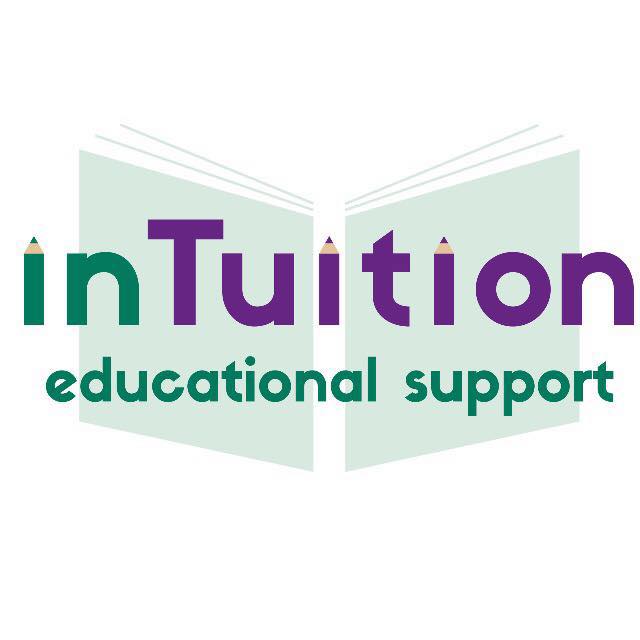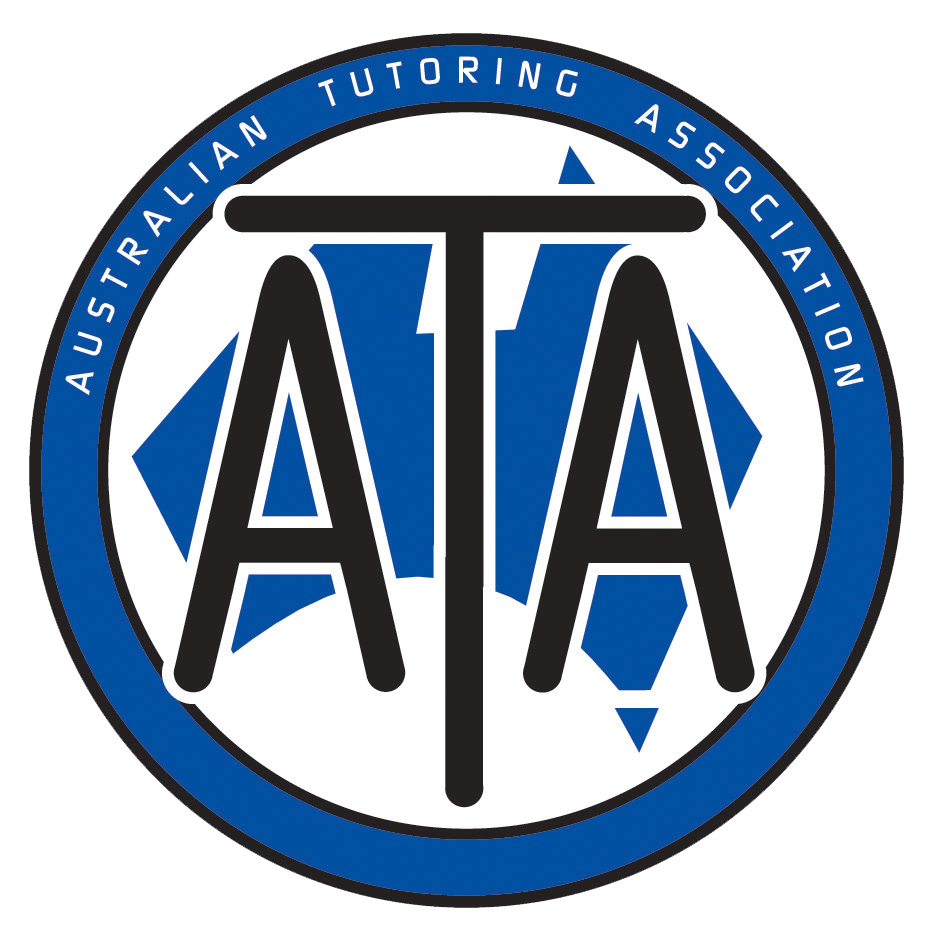Research Your Tutor

Finding the right tutor for your child can be like navigating a minefield. Due to a lack of regulation, there are many people who call themselves 'tutors', but differ greatly in their teaching environment, qualifications, accreditation, and industry experience.
Many self-proclaimed tutors advertise online and operate independently. However, parents should consider tutors who work at reputable tutoring centres. These centres provide a collaborative teaching environment where tutors can learn from each other and often perform important checks, such as verifying that tutors hold a current Working With Children card (WWC).
Beyond choosing a tutor who works at a tutoring centre, what else should parents look for? A tutor’s qualifications, accreditation, and industry experience, of course!
Some tutoring centres employ high school students or university students without formal qualifications. Parents should ask themselves, what will the result be? Will an unqualified university student have the skills to help my child improve their NAPLAN scores? Or will a registered teacher with an undergraduate degree and a teaching degree achieve better outcomes?
Parents should ask themselves, what will the result be? Will an unqualified university student have the skills to tutor my child who needs to improve their marks in NAPLAN? Or will a registered teacher who holds an undergraduate degree and a teaching degree produce a better outcome.
Sometimes, however, parents may have a budget and may not be able to pay the premium for a registered teacher. If this is the case, parents should at least ask if their child's tutor possesses basic tutoring skills.
In Australia, tutors can take a course accredited by the Australian Tutoring Association (ATA). This course provides tutors with fundamental skills like how to ‘manage the tutoring environment’ and ‘how students learn’.
The industry experience of a child’s tutor is another thing to consider. A tutor’s industry experience can prove useful if parents are wanting to further their child's ability in a field like creative writing. Tutors who have published work or won an award can mentor children to do likewise.
To conclude, many people call themselves tutors but differ greatly in their teaching environment, qualifications, accreditation, and industry experience. A tutoring centre is an environment that provides checks and balances, and tutors with the right qualifications can ensure the right result. Accreditation can help tutors who do not hold qualifications to at least understand the basic principles of tutoring, and a tutor who possesses industry experience can help students improve their abilities to an industry standard.
Contact Intuition Educational Support today to ask any further questions you have about tutoring your child.














